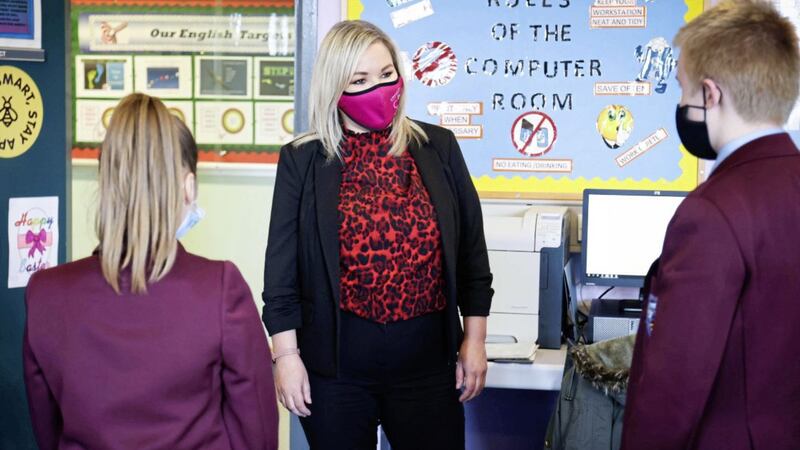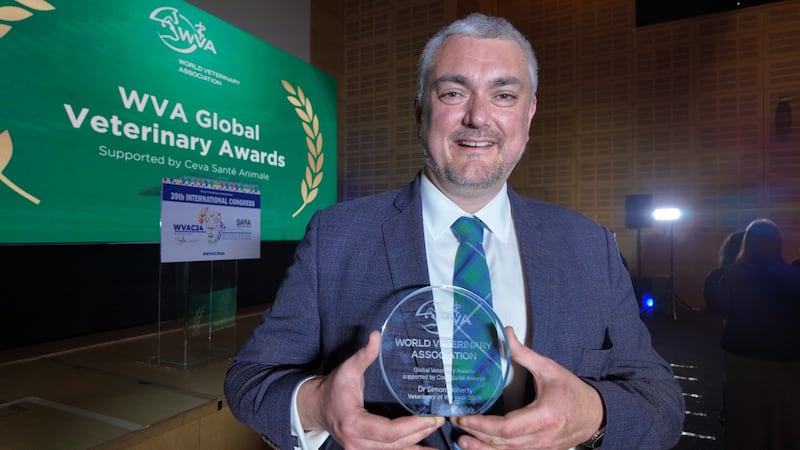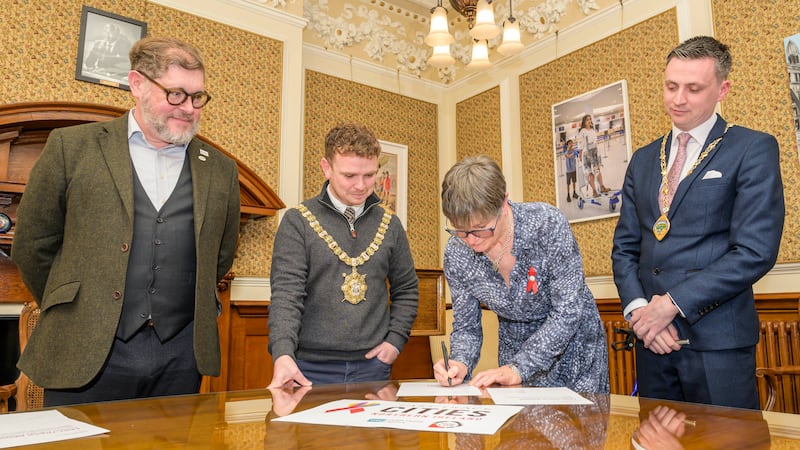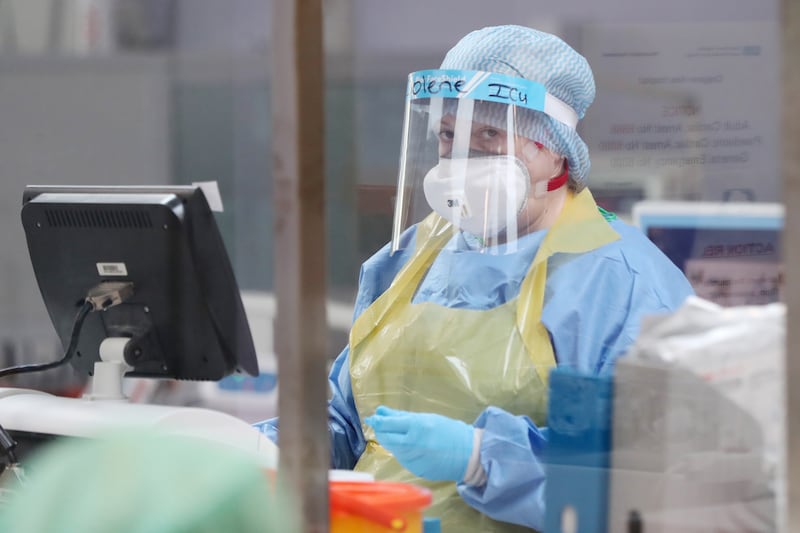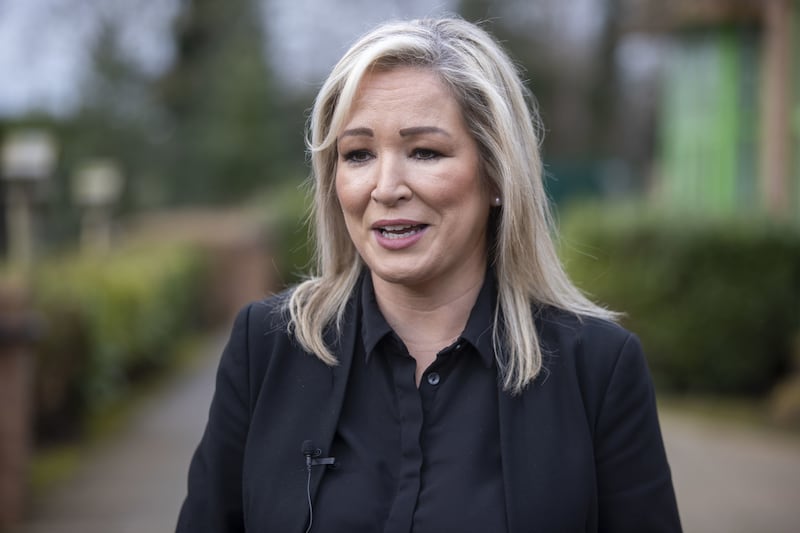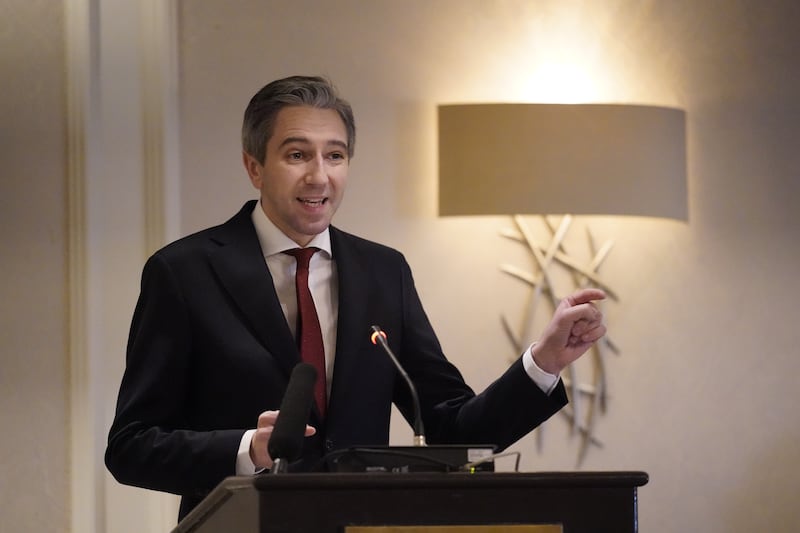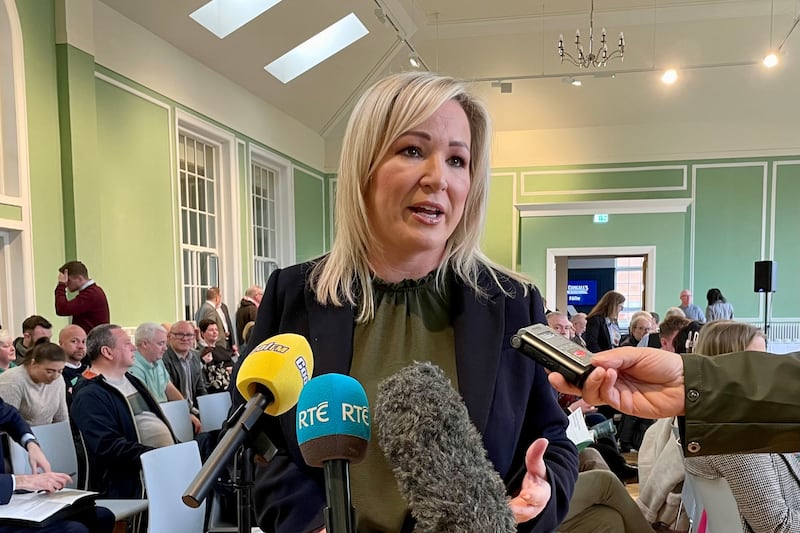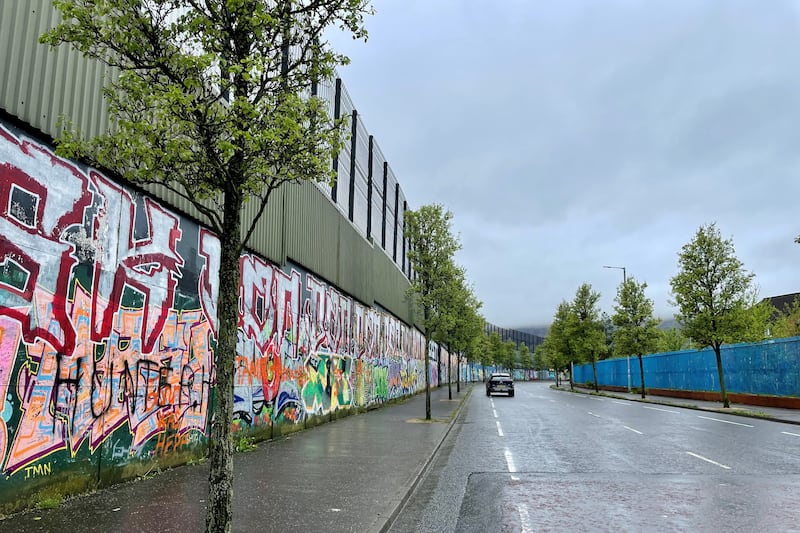IF we want to bring about change in society we must rethink how it is organised. And then get on with reorganising it – together.
Our society still faces many challenges. Nobody is naive about that. But, despite a very difficult and painful past, most people want to see a new era for today’s generation of young people.
I think we all recognise that one of most damaging and destructive problems is sectarianism – whether it's violent or passive, cultural or political.
It's now 23 years since the Good Friday Agreement (GFA). Much has thankfully changed.
The architecture agreed under the GFA now ensures political powersharing and the end of one-party unionist rule.
Our laws now guarantee equality and an end to political discrimination. But the undercurrent of sectarian division, which polarises people and communities, is the societal barrier to progress for everyone.
Those of us who support the idea of a progressive society need to be anti-sectarian and we need to ACT, to challenge this and other forms of racism wherever it raises its head.
And we need to think about ways to reduce division and exclusion.
In that context we must acknowledge our segregated education system and think about how we can change that moving forward.
How do we change society if our young people – our future leaders who will emerge to shape society – do not at least have a realistic opportunity to integrate together from the get go at school age?
The New Decade New Approach committed the executive to establish an external, independent review of education provision, with a focus on securing greater efficiency, raising standards, access to the curriculum for all pupils, and the prospects of moving towards a single education system, educating children and young people of different backgrounds together in the classroom.
Our society has transformed over the past two decades with a welcome increase in diversity of communities and cultures.
The Strule shared education model in Omagh will bring together pupils from six local schools with representation from the controlled, maintained and voluntary school sectors. Each school will retain their individuality and ethos while maximising the opportunities provided through collaboration and sharing.
Integrated education brings children from the two main traditions, other faiths and none to be educated together in our schools.
We have a collective responsibility for the future of education provision and its broader approach to building a new society, rooted in peace and equality and social and economic prosperity.
This means a rethink in how society is organised to get the progressive outcomes we want and need in this, a new era.
One practical means towards achieving this end is legislating for and resourcing a government policy of parity in education provision. No sector should be supported exclusively. This means placing equal value and prioritising equal investment and the active promotion of state controlled, Catholic maintained, integrated and Irish-medium sectors of education.
In 2021 let's reorganise and start getting the basics right – giving parents and children the real freedom to choose, and help break the cycle of sectarian segregation in education.
In the words of Thomas Davis, a Protestant, Young Irelander and forward thinker, "educate that you may be free".
:: Michelle O'Neill is Sinn Féin's leader in the north.
